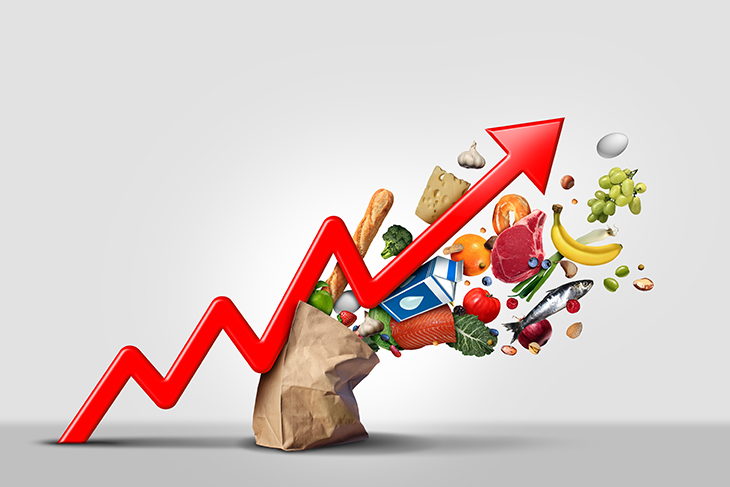If you pay close attention to the economy, you’ll see one thing that seems to make economists and business experts uneasy – inflation. Any increase in the rate of inflation leads to panic, or at least lots of comment on what can be done to stop it.
But, if you’re not an economics expert, inflation might seem like a vague concept. So what exactly is inflation, what causes it, and how will it affect you as a consumer? Here’s Creditplus’s quick guide to answer all your questions.
What is inflation?
Inflation is a term used to describe how the price of goods and services raises across time. If there is a continued increase over a period of time across the breadth of products that can be purchased or paid for, then this is inflation. If you think about how things such as cinema tickets cost a few pounds in the eighties, but are closer to ten pounds today, then that shows how inflation has affected the price over time.
A high percentage rate of inflation means prices increase quicker than wages. This leads to the money you earn being less valuable, as common goods and services become more expensive. In general, inflation works quicker than pay rises.
What is the cause of inflation?
Inflation can be caused by a number of things. One is supply and demand. So if the demand for a good or service is higher than the supply, then the cost of that good or service will become higher. This is because the good or service becomes more valuable.
Another thing that can affect inflation is the cost to produce that good or service. So, for example, if it becomes more costly to produce a car because of a raw material shortage, then the price will increase.
Wages can also affect inflation. If companies pay their employees well, or there is a strong union that can push for above-inflation pay rises, then the company will likely increase their charges to offset the cost for paying the wages.

Can inflation be stopped?
Inflation is driven by the economy. A strong economy will mean there is less of a risk of inflation. Even if prices go up, the economy should be strong enough to raise wages at a similar level.
The UK sets a target to have the rate of inflation at 2%. At the time of writing (July 2022), the rate is 9.1%.
How will it affect my finances?
Inflation means your money has less spending power. So it might be a better option for you to cut back on spending where you can, or to be more careful with how you use your money.
The good news is that governments try to counter the effects of inflation as much as possible. But it’s not always easy to do that quickly, so some careful financial planning and a bit of restraint can help you cope with the difficult economy.
If you have any fears about paying your bills or obligations, contact the finance provider and let them know. You can also seek out a debt advice charity for information on what support is available.
Are You Ready to Save on Car Finance?
If you’re considering getting a new car, then you don't want to miss out on what Creditplus can offer. Applying with us will not affect your credit profile, so why not complete a quick application now.
Apply Online Today!See our latest car deals





 Facebook
Facebook Twitter
Twitter Instagram
Instagram LinkedIn
LinkedIn Youtube
Youtube